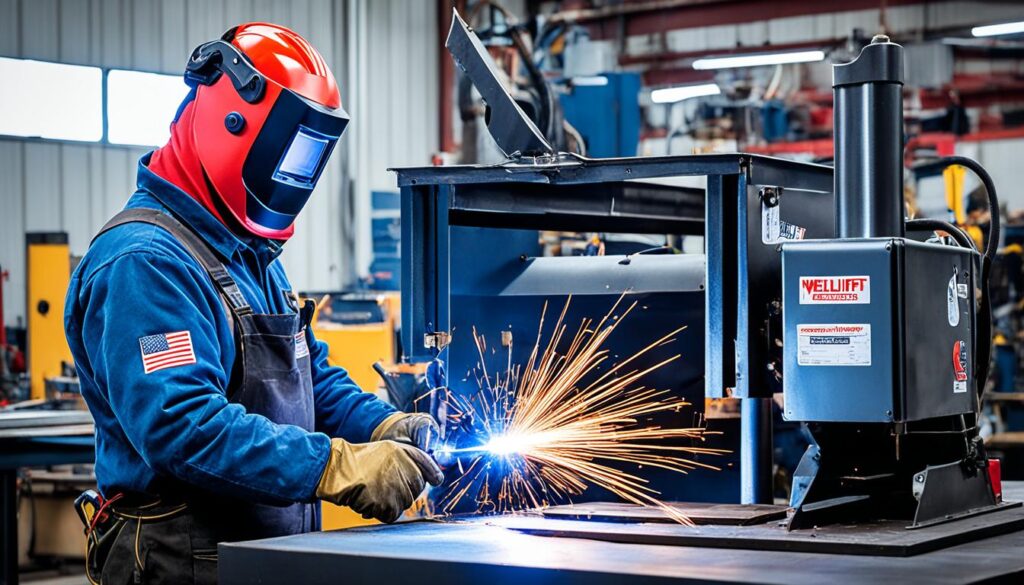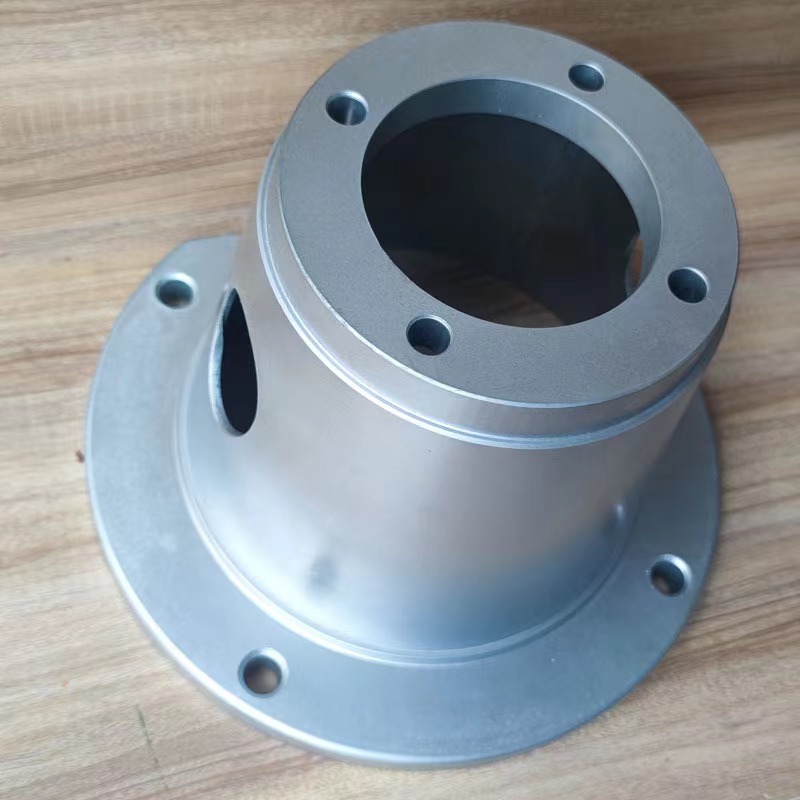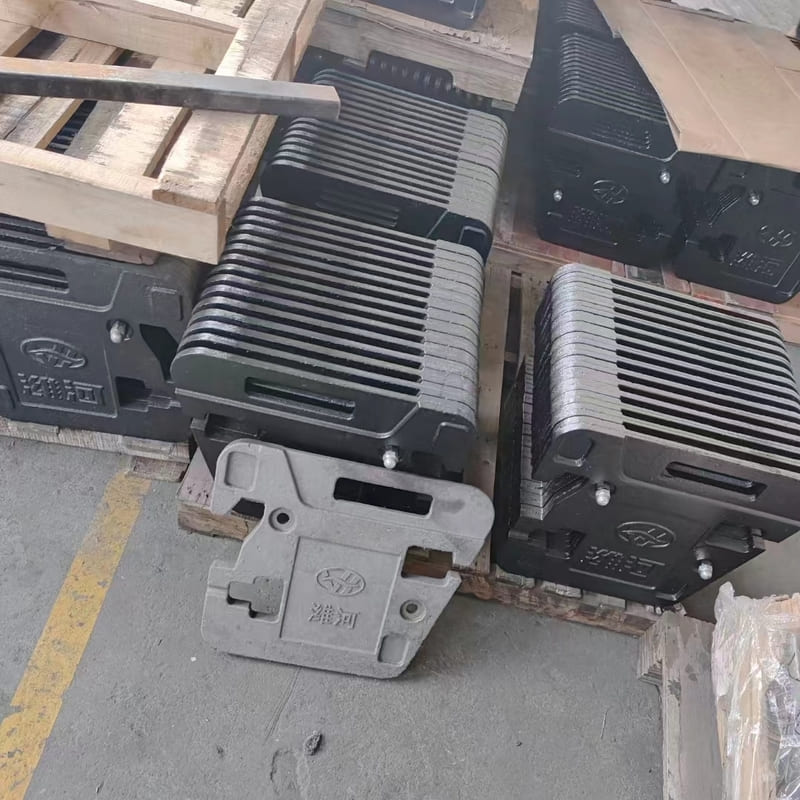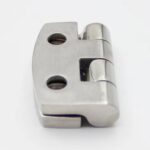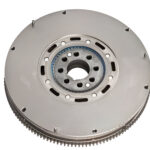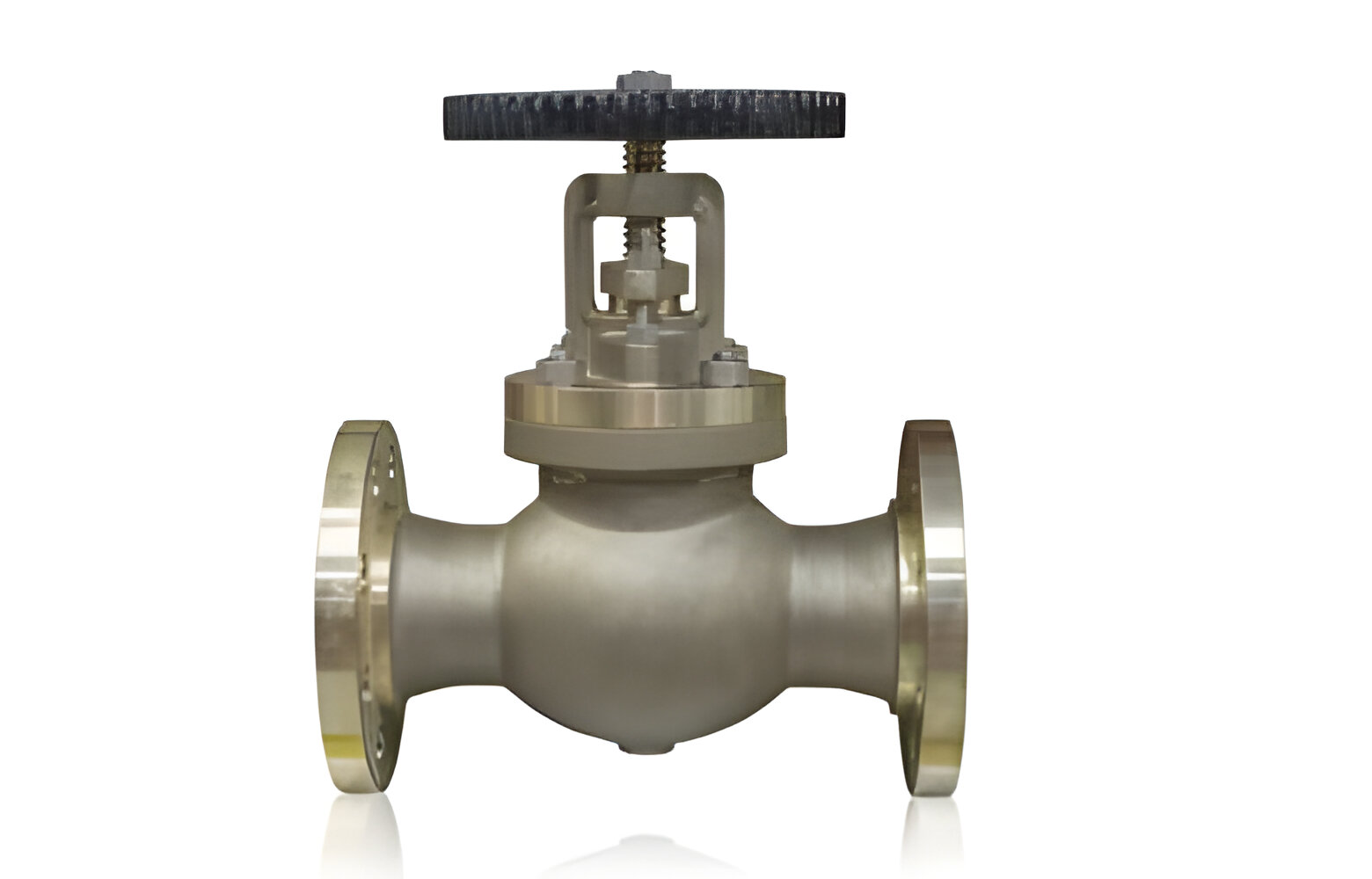Rotary welding tables are essential tools for various welding applications, providing enhanced precision, efficiency, and versatility. Whether you're involved in manufacturing, custom projects, or industrial applications, understanding the benefits and features of different types of rotary welding tables can help you make informed decisions for your welding needs. In this guide, we will explore the key aspects of rotary welding tables, their applications, and how they can improve your welding processes.
Introduction to Rotary Welding Tables
Rotary welding tables, also known as welding positioners, are designed to hold and rotate workpieces during welding operations. This controlled rotation allows for consistent and precise welds, reducing the risk of defects and improving overall weld quality. These tables come in various configurations, including manual, motorized, and customized models, catering to a wide range of welding requirements.
Types of Rotary Welding Tables
There are several types of rotary welding tables available, each suited for specific applications and industries. Some popular types include:
1. Manual Rotating Welding Table
Manual rotating welding tables are ideal for small to medium-sized projects where precision and control are crucial. These tables allow the welder to manually adjust the position of the workpiece, ensuring accurate welds.
2. Motorized Rotary Welding Table
Motorized rotary welding tables offer automated rotation, which is particularly useful for larger and more complex projects. The motorized feature provides consistent speed and control, enhancing the efficiency of the welding process.
3. Customized Rotary Table Ultrasonic Welder
Customized rotary table ultrasonic welders are tailored to specific welding needs, especially in applications requiring ultrasonic welding techniques. These tables are designed to accommodate various workpiece sizes and shapes, ensuring optimal welding performance.
Applications of Rotary Welding Tables
Rotary welding tables are used in a variety of industries and applications, including:
1. Manufacturing
In manufacturing, rotary welding tables are essential for producing high-quality welds in components such as pipes, tanks, and structural beams. The ability to rotate workpieces ensures even weld penetration and reduces the need for repositioning, saving time and labor.
2. Aerospace and Automotive
The aerospace and automotive industries rely on precision welding for critical components. Rotary welding tables provide the necessary control and consistency to meet stringent industry standards, ensuring the reliability and safety of welded parts.
3. Custom Fabrication
For custom fabrication projects, rotary welding tables offer the flexibility to handle unique and complex workpieces. Welders can easily adjust the position and rotation speed to achieve the desired weld quality, making these tables invaluable for bespoke projects.
Product Features and Benefits
Rotary welding tables come with various features that enhance their functionality and user experience:
1. Precision Control
Many rotary welding tables, such as the precision rotary welding table, offer precise control over rotation speed and position, allowing for accurate and consistent welds.
2. Versatility
Rotary tables for welding can accommodate different workpiece sizes and shapes, making them versatile tools for various welding applications. Some models, like the 360 rotating welding table, provide full rotational capability, enabling welders to access all sides of the workpiece.
3. Efficiency
Motorized rotary welding tables improve efficiency by automating the rotation process. This reduces the need for manual adjustments, speeding up the welding process and increasing productivity.
Choosing the Right Rotary Welding Table
When selecting a rotary welding table, consider factors such as the size and weight of your workpieces, the type of welding you perform, and the level of precision required. It's also important to evaluate the table's features, such as rotation speed control, customization options, and ease of use.
Rotary welding tables are indispensable tools for achieving high-quality welds in various industries and applications. By understanding the different types, features, and benefits of these tables, you can make informed decisions that enhance your welding processes and improve overall productivity.
For more information on rotary welding tables and to explore our range of products, visit our website at kt-foundry. Our team of experts is ready to assist you in finding the perfect welding solution for your needs.

